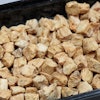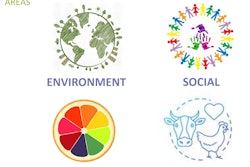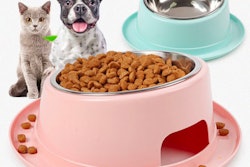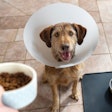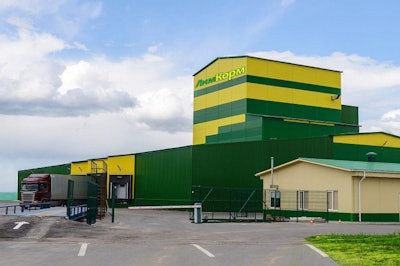
Russian company Limkorm Pet Food has received governmental approval to establish a pet food production complex with an intended production of around 30,000 tons per year and an investment cost of Rub1.85bn (US$25 million) in the “priority development territory” in European Russia.
The new complex would become the first one in Russia to breed black soldier fly larvae (BSFL) for pet food production, said Sergey Liman, one of the investors. In addition to supplying products to the domestic market, Limkorm Pet Food has inked a preliminary agreement with the Dutch insect-based protein supplier Protix to export 2,000 tons of black soldier fly meal and 900 tons of lipid concentrate to the European Union per year.
New pet food production complex to open in 2021
The Russian government commonly grants residency in the priority development territories to projects with “huge national importance.” In most cases, these are innovative project or those with some import-replacement features. With this legal status, investors could count on direct subsidies for capital costs, lowered import duties and tax breaks.
Shukhov’s Belgorod State Technological University has been appointed as a scientific partner of the BSFL project. The scientists were assigned to assist in designing an optimal black soldier fly breeding technology.
The new production complex is slated to become operational in 2021, according to the regional government in Belgorod Oblast, where the priority development territory is based. The BSFL meal of the new plant would be similar in its composition to fishmeal, with 56% raw protein content. The lipid concentrate would have lauric acid content up to 30%, the regional government added.
According to Liman, BSFL is a very promising component for pet food production, since this ingredient “has a high degree of protein digestion, lack of fiber, the presence of chitin, a stable low peroxide and acid value without the presence of antioxidants.”
Russian press have raised concerns over the prospects of the project. In particular, local newspaper Kommersant cited a group of Russian economists warning that the demand for insect protein in the Russian market is rather weak, so in the first years following the launch of the plant, Europe would be considered the main sales market for the BSFL. Yet, the European market is already highly competitive, and there might be some difficulties in that direction, too, the economists warned.
Pet food industry in Russia is eligible for state aid
In August 2019, pet food for the first time ever was included in the list of agricultural products subsidized by the Russian government. This decision would let Russian companies significantly increase production and establish export supplies, the government said in an explanatory note to the decree.
In 2019, state aid allocated to support the agricultural industry amounted to Rub300 billion (US$4.5 billion). In addition to direct payments, the state aid involves some logistics subsidies, including to export suppliers. It is yet to be seen what share of the state aid would be paid to pet food producers.

